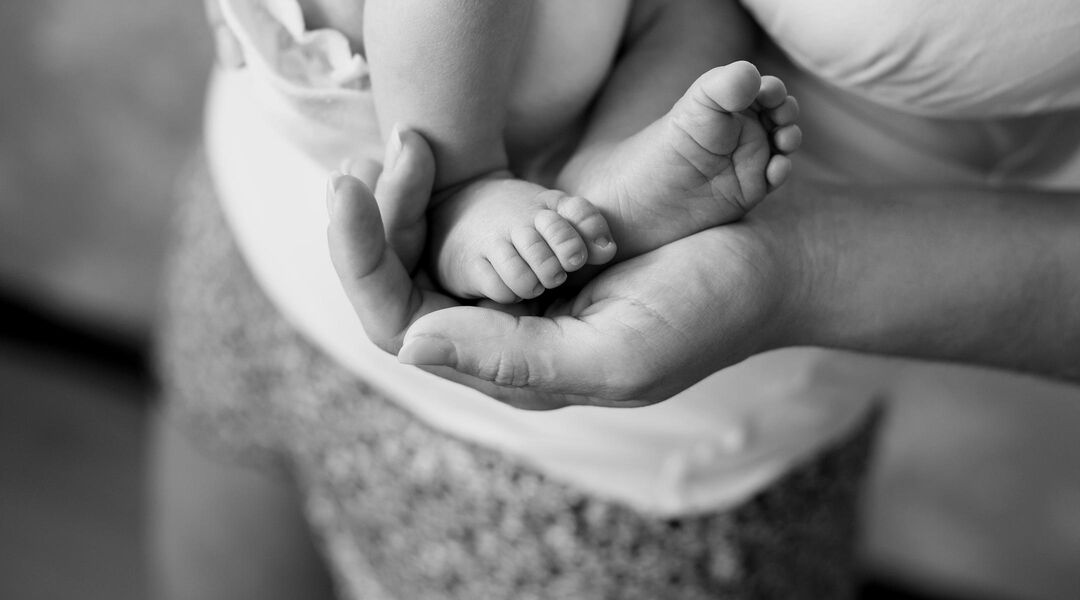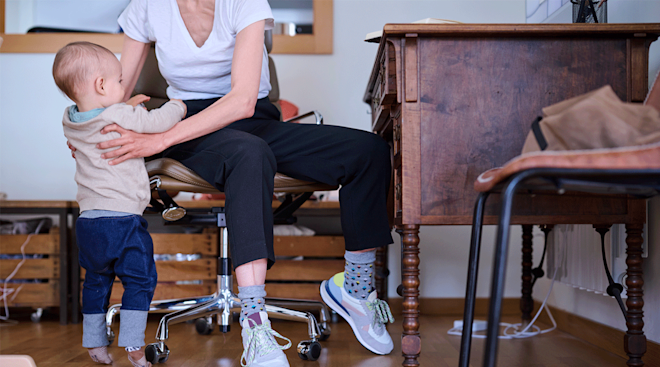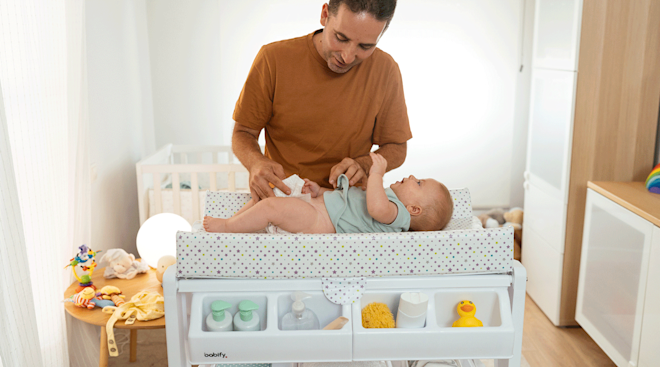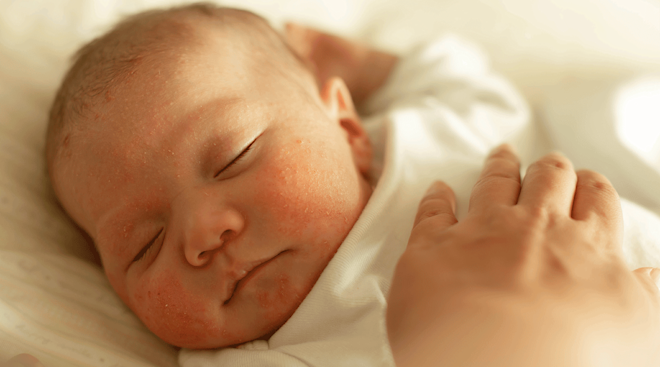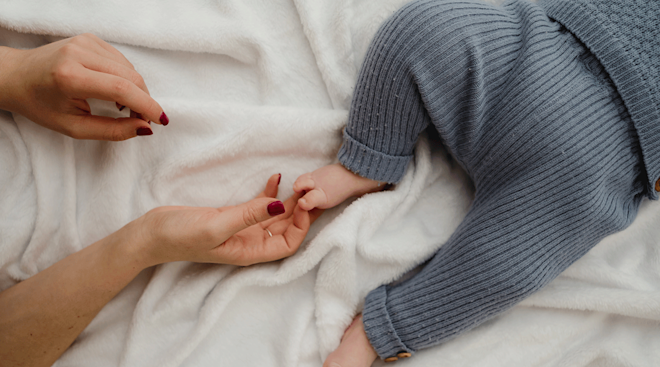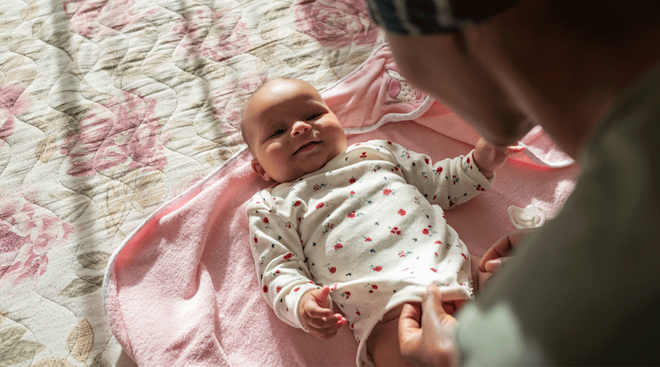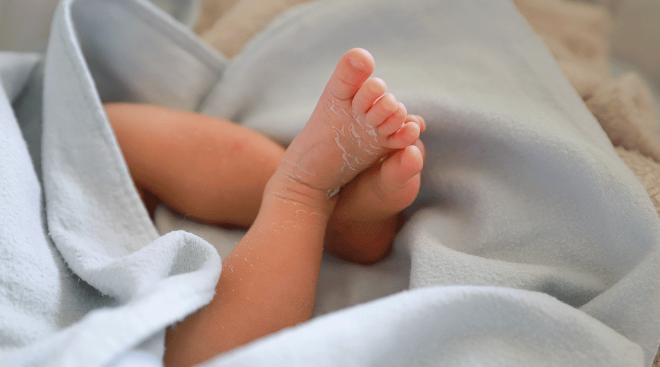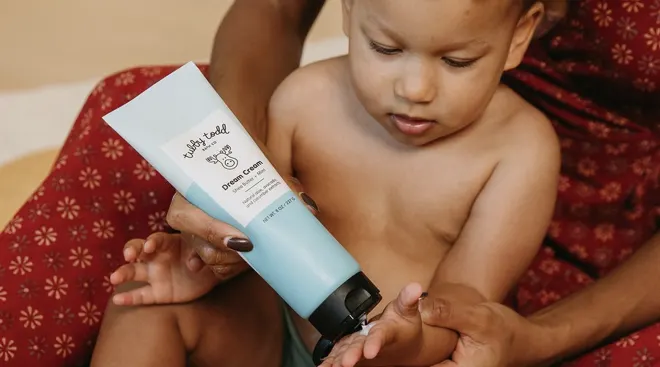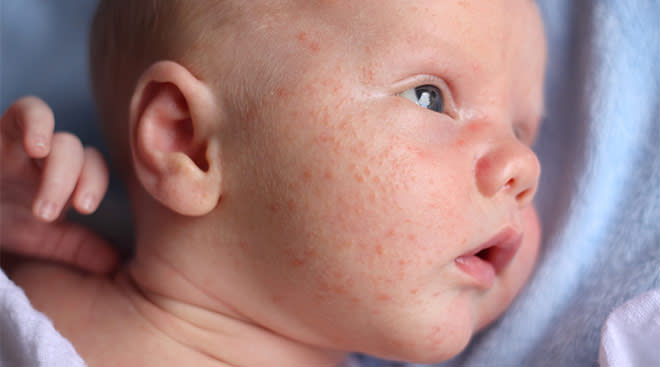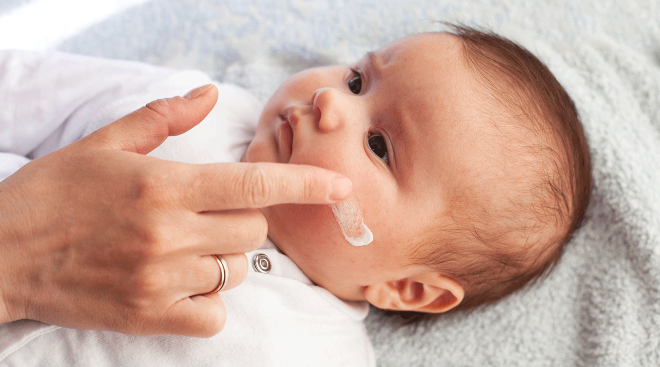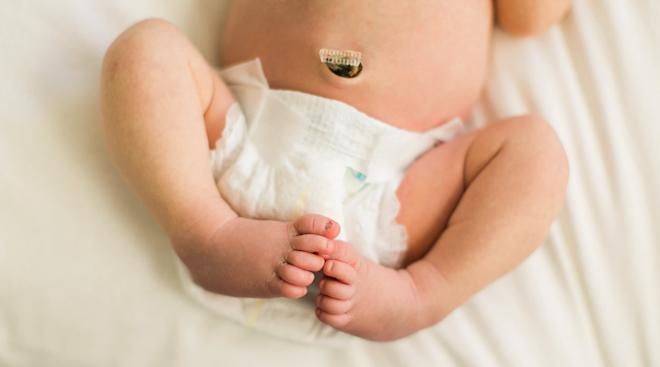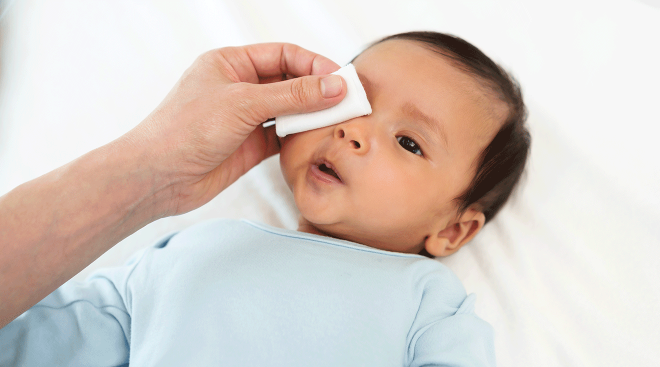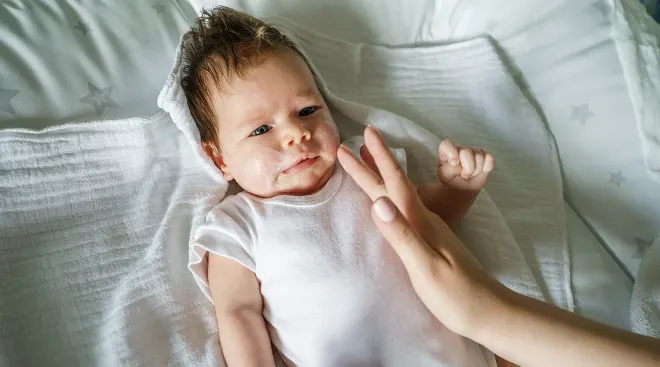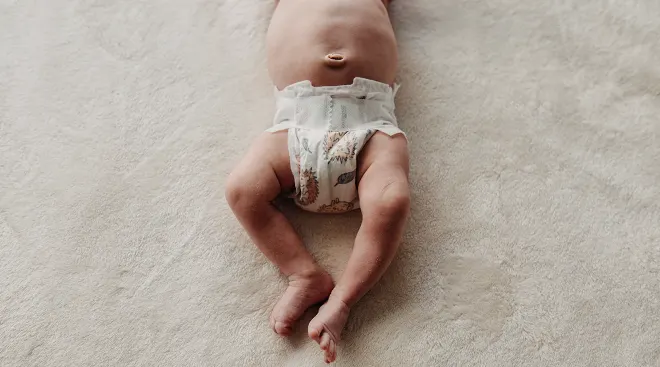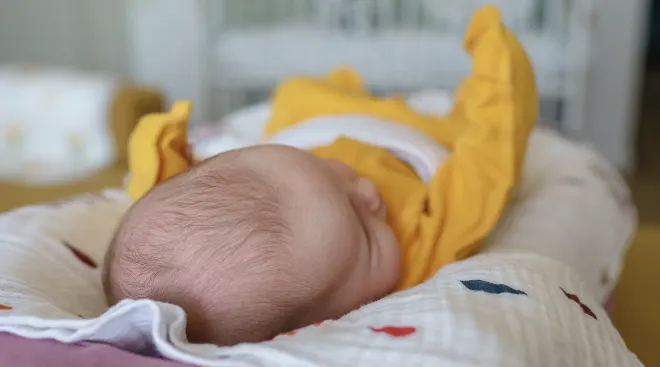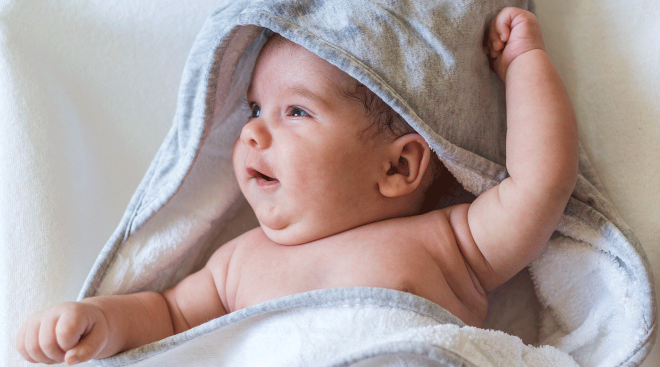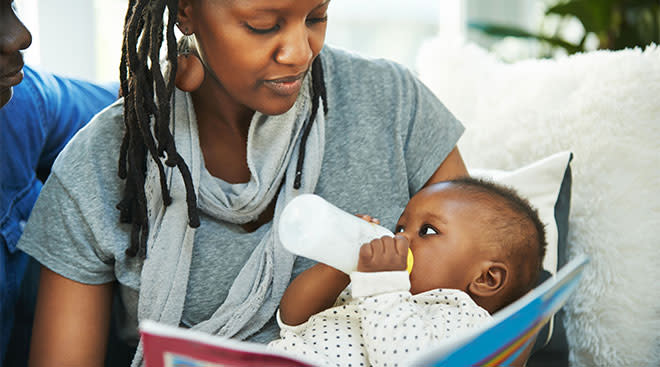What is itchy skin like for a baby?
If your baby or toddler’s got the itchies, she’s likely to show you any problems before she tells you about them. You’ll probably see her scratching herself silly, with the telltale signs of redness or streaks on her skin.
What could be causing my baby’s itchy skin?
Many babies and toddlers have dry skin, so if she’s itching all over, you can often blame a lack of essential oils in your toddler’s otherwise smooth skin — especially in cool or dry weather, when there’s less humidity in the air (good for your hair, bad for your kid’s skin). If you also spot lumps, bumps or hives, your toddler could be having an allergic reaction to something. A virus like rubella (which is unlikely if your child has been vaccinated) can also trigger itchy skin, as can exposure to poison ivy, oak or sumac. If the itching is chronic — it’s just not going away — and is accompanied by a rash that’s dry, red or scaly, it could be a sign of eczema. And if there are fleshy, dome-shaped lesions with a dimpled center that seem especially itchy, she may have contracted the virus Molluscum contagiosum (long name and highly contagious, but generally mild).
When should I take my baby to the doctor with her itchy skin?
If the symptoms seem especially prolonged or severe, or you’re also seeing a dark-purple rash (a sign of underlying popped blood vessels), call or see your doctor promptly.
What should I do to treat my baby’s itchy skin?
Start with a rich moisturizing cream (look for ones that come in tubs, like Aquaphor, Vaseline or Cetaphil, rather than in a pump — they’re thicker — and check that they don’t have any perfumes or other additives that could irritate the skin). Use the cream twice a day to help lock in moisture and add oils that may be lacking. If you suspect an allergic reaction and your toddler is over 12 months old, you can try to give her a dose of an antihistamine like Benadryl, which can temper itchy symptoms. If there’s a family history of eczema, talk to your doctor about ways to treat it and frequently apply moisturizer to your toddler’s skin to keep it well-hydrated. And if it turns out she has a virus like Molluscum contagiosum, your doctor may recommend that you cover the affected area with a bandage to keep it from spreading to others.
Please note: The Bump and the materials and information it contains are not intended to, and do not constitute, medical or other health advice or diagnosis and should not be used as such. You should always consult with a qualified physician or health professional about your specific circumstances.
Navigate forward to interact with the calendar and select a date. Press the question mark key to get the keyboard shortcuts for changing dates.
































